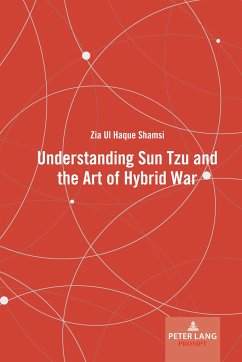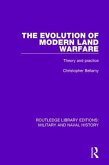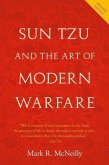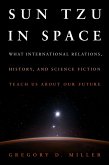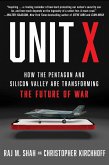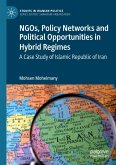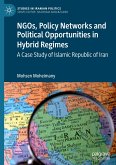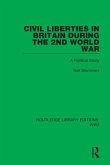The concept of hybrid warfare is as old as warfare itself. However, it has re-emerged with an expanded scope in the twenty-first century. The purpose of the entire campaign is to break the will of the people and win the war without fighting. The modus operandi of the planning and execution of today¿s hybrid warfare, particularly against unequal military powers (UMPs), is very similar to the precepts of the Chinese sage, Sun Tzu, who prophesied of winning the war without fighting. An analysis of Sun Tzüs The Art of War reveals that he was a proponent of expanding state¿s influence without the use of force. Inspired by Sun Tzüs precepts, this author is proposing that states may acquire power for the promotion of peace within and peace without, as opposed to classical realism which insists on power and security. The sustained period of peace would enable the state to concentrate on economic development and societal progress. The same would help the state in perception management and project its soft power among the comity of nations. Such a state would then have the capacity to help develop other regional countries to expand its area of influence. However, the states that use their hard power to subdue other nations not only violate Sun Tzüs dicta; but also end up spending huge resources, cause total destruction of the target state, and yet are unable to maintain a sustained occupation in contemporary international system. In view of the continued relevance, this author attempts to rediscover Sun Tzüs precepts from The Art of War and its application in today¿s hybrid warfare, deploying deductive reasoning, and qualitative analysis of contemporary wars and conflicts.
Hinweis: Dieser Artikel kann nur an eine deutsche Lieferadresse ausgeliefert werden.
Hinweis: Dieser Artikel kann nur an eine deutsche Lieferadresse ausgeliefert werden.

